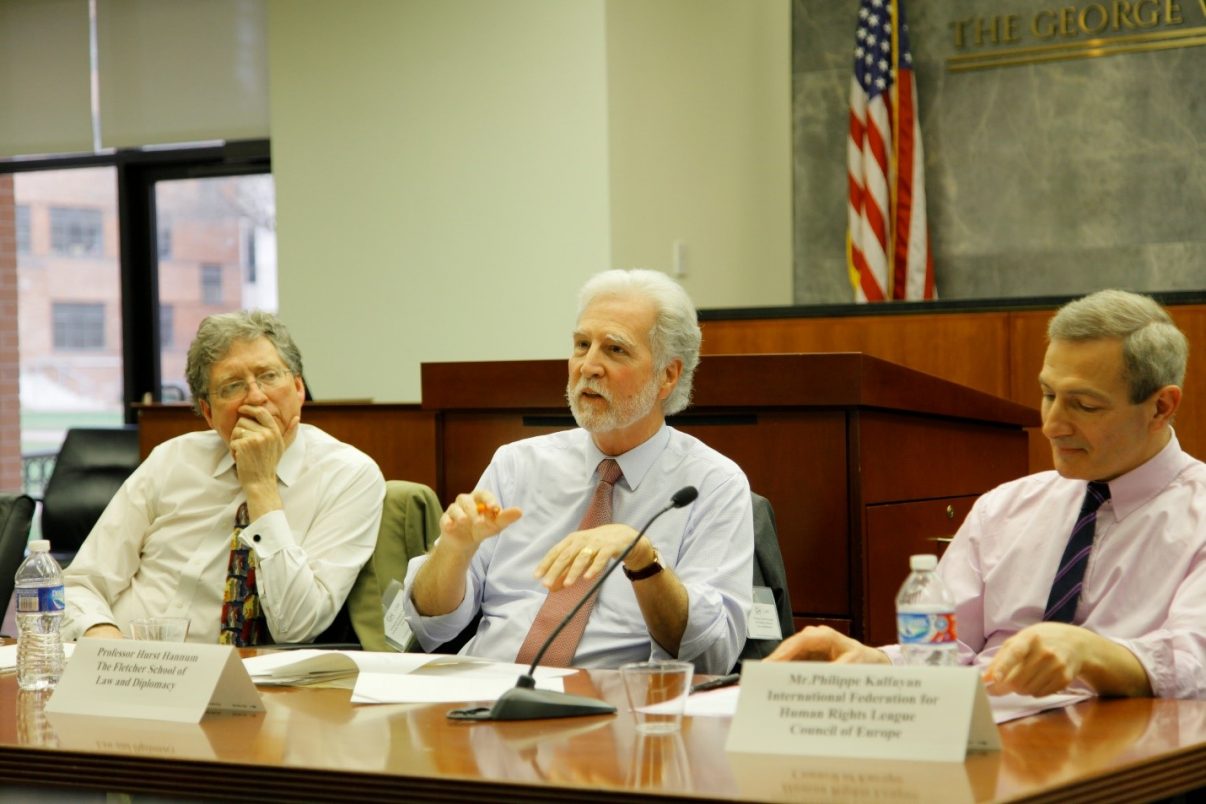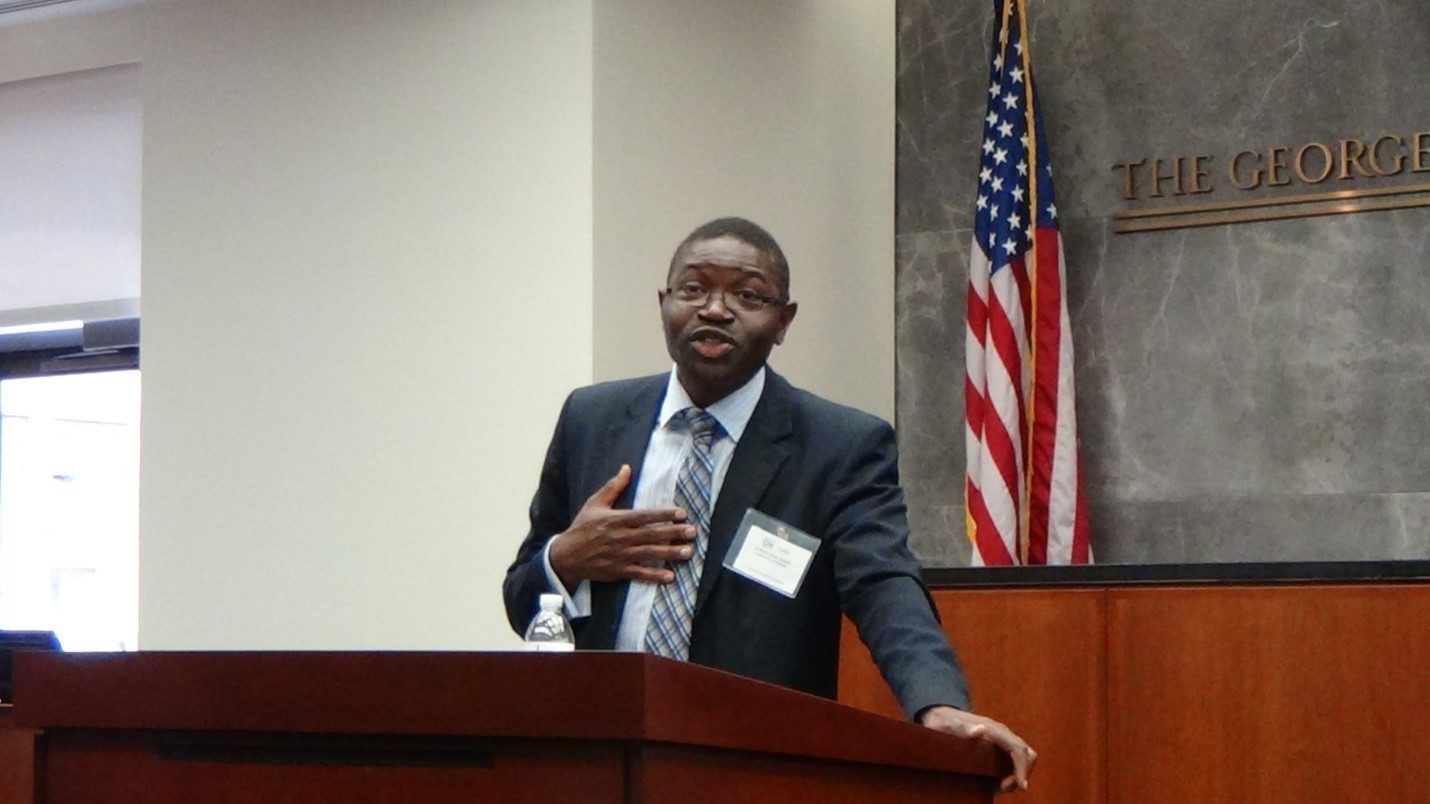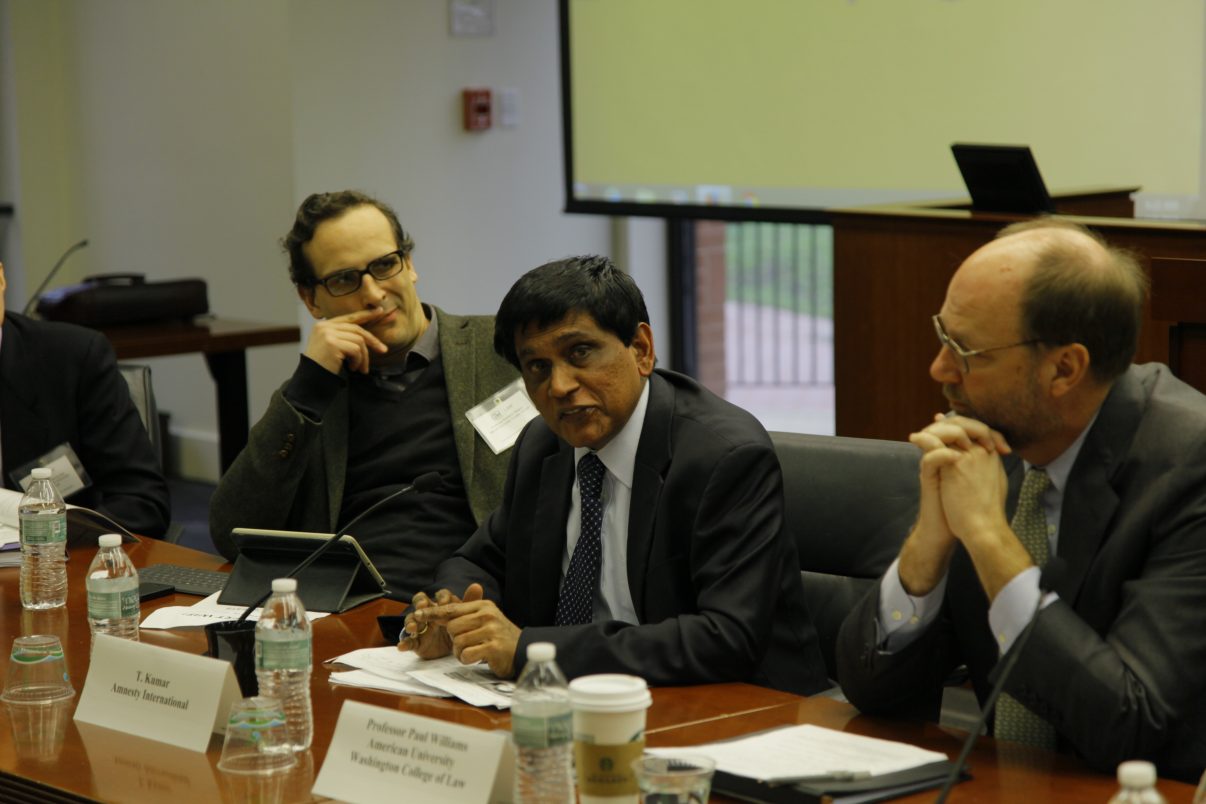In April 2015, The Zoryan Institute held a two-day conference that analyzed the irreconcilability of two contradictory UN Principles, self determination and territorial integrity.
With daily news headlines worldwide about gross human rights violations and ensuing violence resulting from struggles for self determination, the Institute found it crucial to analyze how international bodies deals with the contradiction between two United Nations principles. The conference presented case studies on Somaliland, Kosovo, South Sudan, Ukraine, East Timor, Faifra-Katanga and the Caucasus.
These and many other countries that are now members of the United Nations were originally enclaves terrestrially bounded, deprived of their basic human rights, security, identity, language, religion, and culture. The only perceived way to preserve their way of life was independence.
The principle of self determination states that nations have the right to freely choose their sovereignty, based on the principle of equal rights and fair equality of opportunity. Minorities groups throughout the world aim to achieve self determination. The second principle of territorial integrity is that nation-states have the right not to have their borders challenged by other countries.



